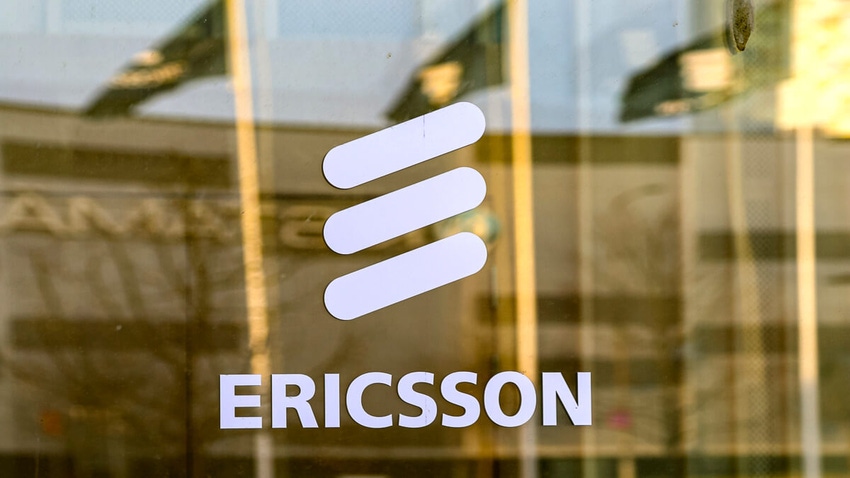Eurobites: Ericsson plans Estonian mega-hub
Also in today's EMEA regional roundup: Vodafone plays in the quantum-safe sandbox; Vivacom strikes back; the unbearable cost of broadband in Turkmenistan.

Also in today's EMEA regional roundup: Vodafone plays in the quantum-safe sandbox; Vivacom strikes back; the unbearable cost of broadband in Turkmenistan.
Ericsson is to merge its four existing Estonian facilities into one, new "next-generation smart manufacturing and technology hub" in Tallin that is expected to cost around €155 million (US$168 million) and be up and running in early 2026. The 50,000 square meter facility will comprise test labs, warehouses, production lines and offices, and be used for developing "ecosystems" and production techniques with mainly European customers and partners. The vendor expects the all-singing, all-dancing hub will reduce carbon emissions by up to 70% compared with the facilities it is replacing. Ericsson currently has more than 2,200 employees in Estonia, including engineers and AI experts.
Vodafone is working with Alphabet spinoff SandboxAQ on the testing of "quantum-safe" virtual private networks that will, it is hoped, be able to fend off future cyber attacks powered by quantum computing. Key to this are new cryptography algorithms that seek to prevent hackers from carrying out "store now, decrypt later" raids on governmental and corporate data, where data is harvested but held by the hackers until the quantum technology that will enable them to decrypt it comes along.
In a similar neck of the technology woods, HSBC has become the first bank to join BT and Toshiba's commercial quantum-secure metro network, working in collaboration with Amazon Web Services. Using quantum key distribution technology, HSBC is connecting its global HQ in London with a data center in Berkshire, about 40 miles west, to explore how the technology can help protect the bank from quantum-enabled cyber attackers a few years hence.
Bulgarian cable operator Vivacom has hit back at complaints made by rivals A1 and Yettel over the Bulgarian competition authority's decision to approve Vivacom's acquisition of two cable operators, Networkx and Telnet, saying they are "irresponsible and contain several wildly inaccurate and misleading allegations." Rather than seeking to unfairly dominate the Bulgarian cable market, as its rivals allege, Vivacom insists it "has always fostered pro-competitive synergies, innovation, and improved services for Bulgarian consumers." (See Eurobites: A1 'deeply unsettled' by Vivacom's Bulgarian foray.)
Residents of Europe spend an average of 1.72% of their salary on their broadband bill, making it the most affordable broadband region in the world, according to a new study from comparison website Broadband Genie. Within Europe, Denmark has the most affordable broadband, says the study, with Danes on average spending just 0.88% of their salary on it. Compare this with Turkmenistan, where the locals have to fork out a barely believable 93.26% of their hard-earned wages just to check out the latest rubbish on Facebook.
Virgin Media O2 owes it all to Google Cloud. That's the gist of a paean to the tech giant written by Alberto Rey Villaverde, VMO2's director of advanced analytics and data science, who says that the migration of the newly converged company's data to Google Cloud was "like switching on the lights in a dark room." Query execution time, says Rey Villaverde, was reduced from 16 hours to 40 seconds, while the average time for manual testing was shrunk down from 44 days to four minutes. Also, he says that VMO2 now experiences almost no monthly downtime in its data analytics applications, whereas two hours a month used to be the norm.
Are you a hard-pressed German pastor? Too busy to drive to your church to press the button that sets the bells ringing? Relax! Deutsche Telekom has teamed up with startup Smartcustos to create an app that allows you to do it from the comfort of your own armchair. The app, linked to an IoT box, can also measure the temperature in the nave and on the actual church organ. Sounds like the devil's work to us…
— Paul Rainford, Assistant Editor, Europe, Light Reading
Read more about:
EuropeAbout the Author(s)
You May Also Like











